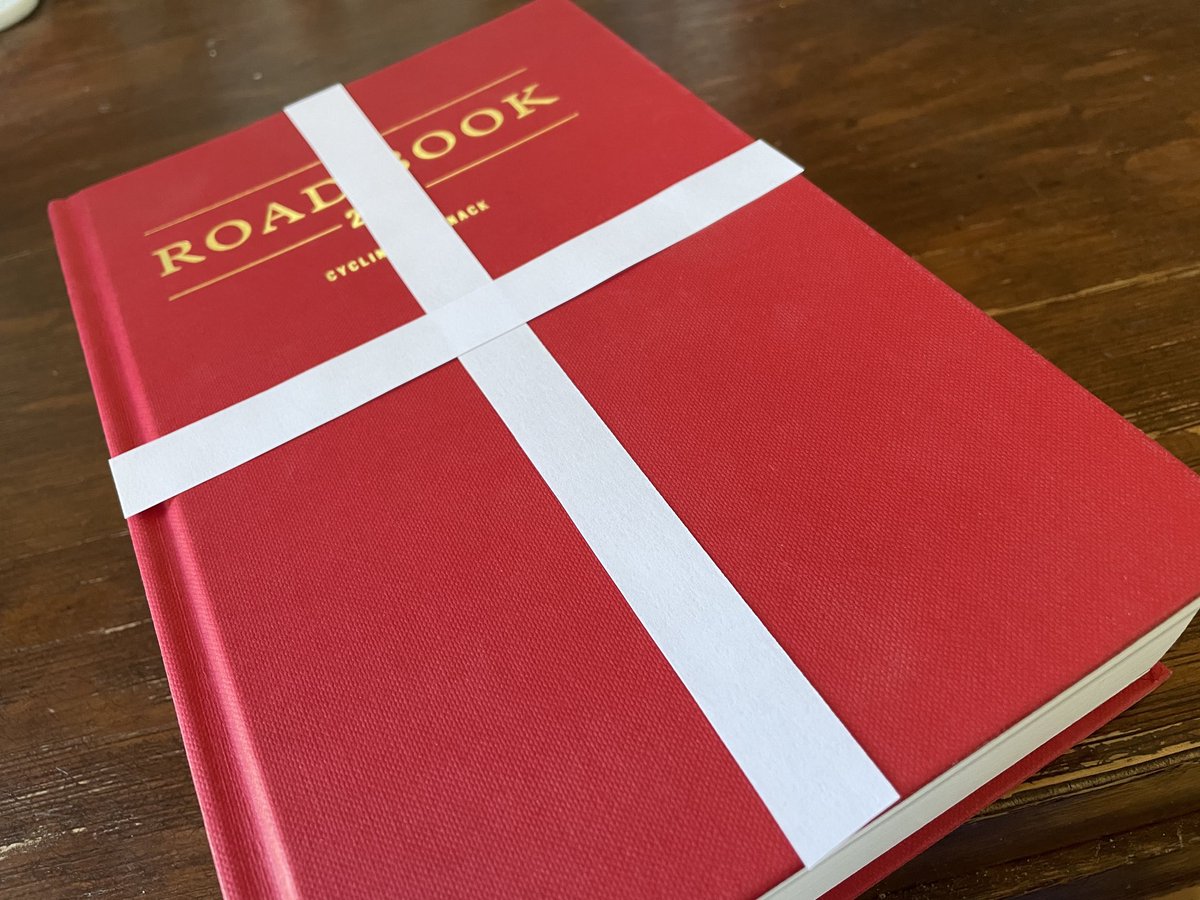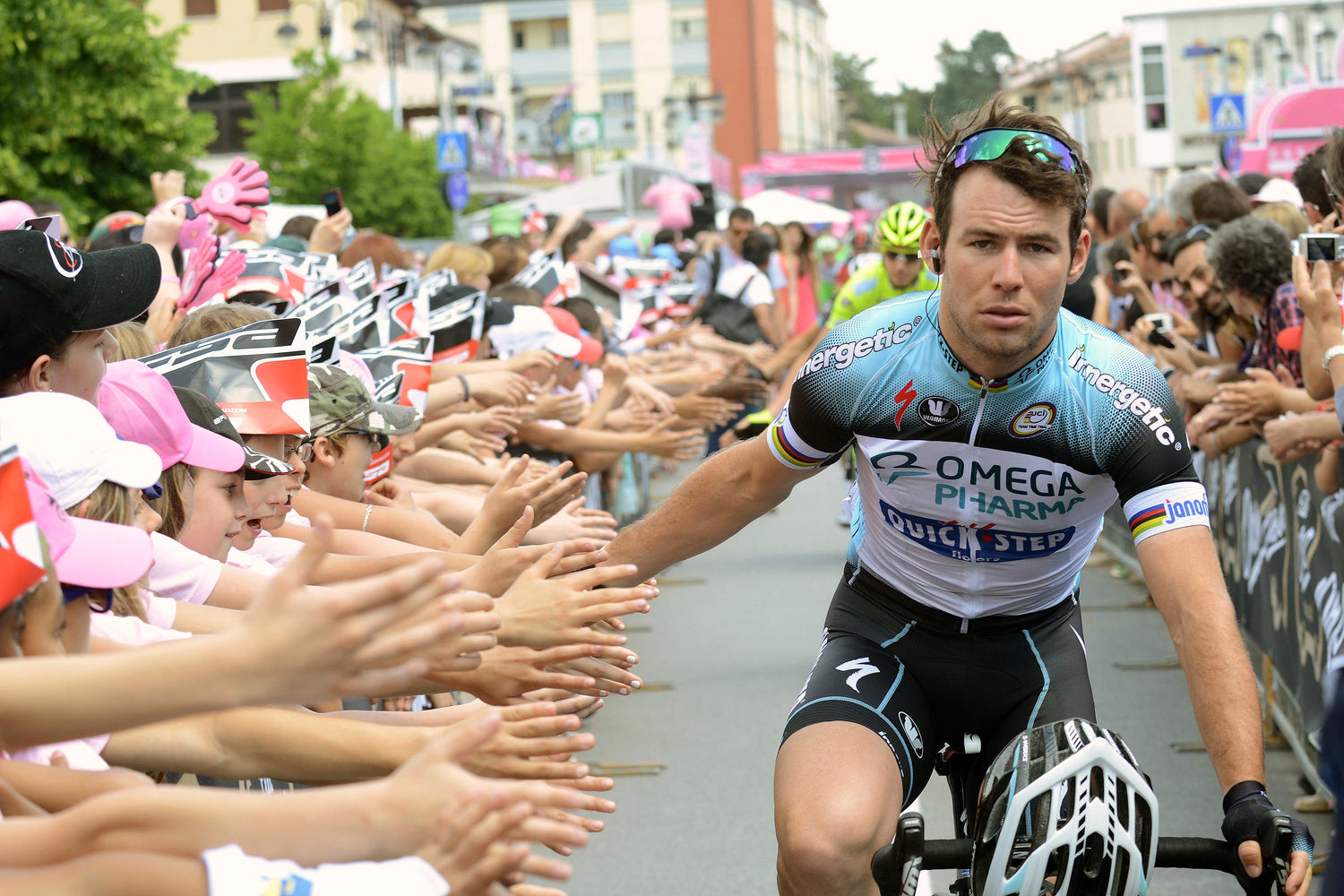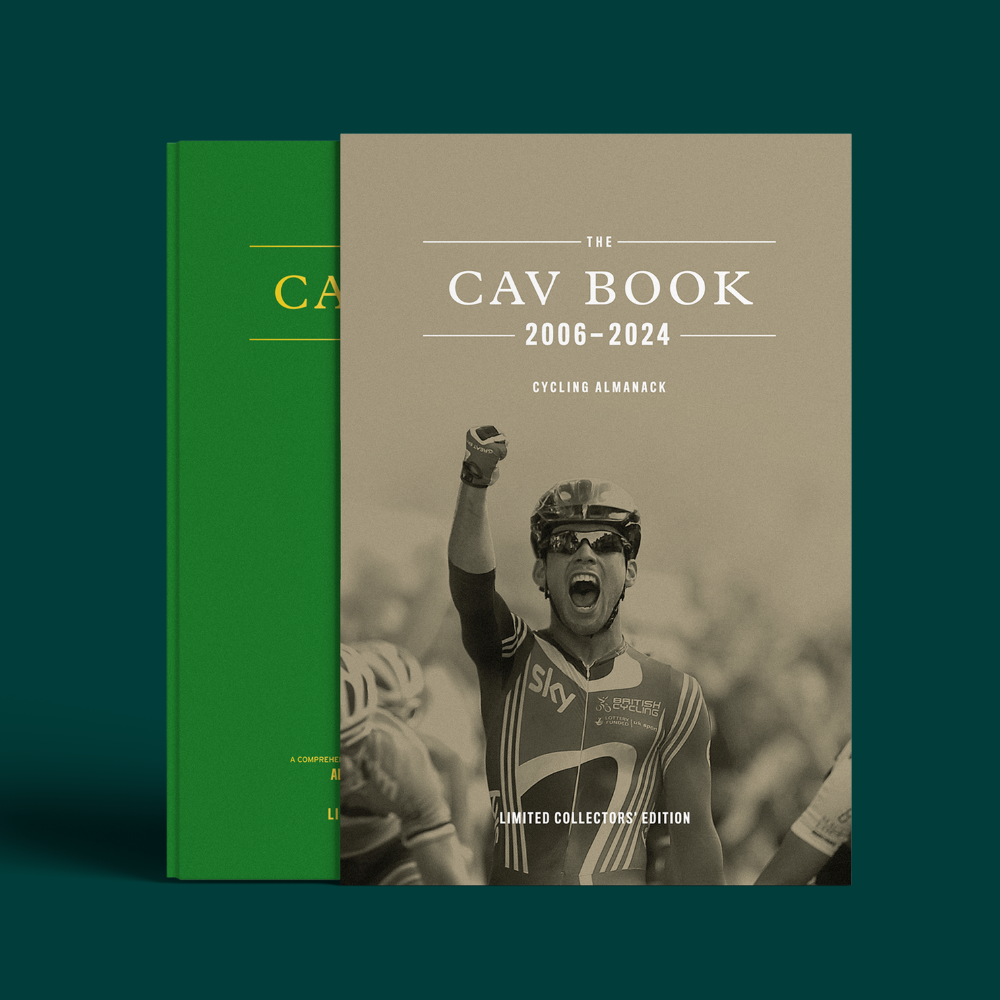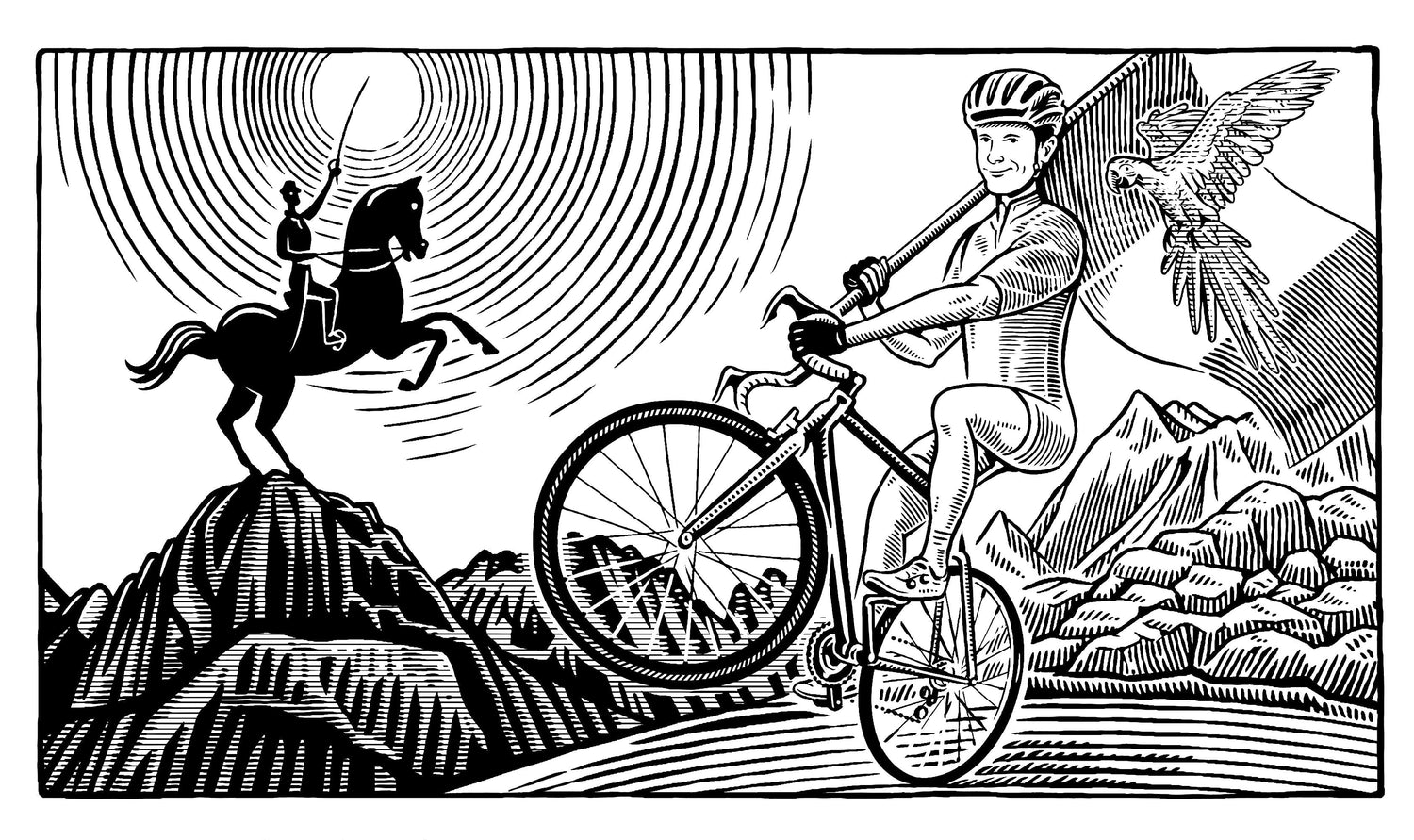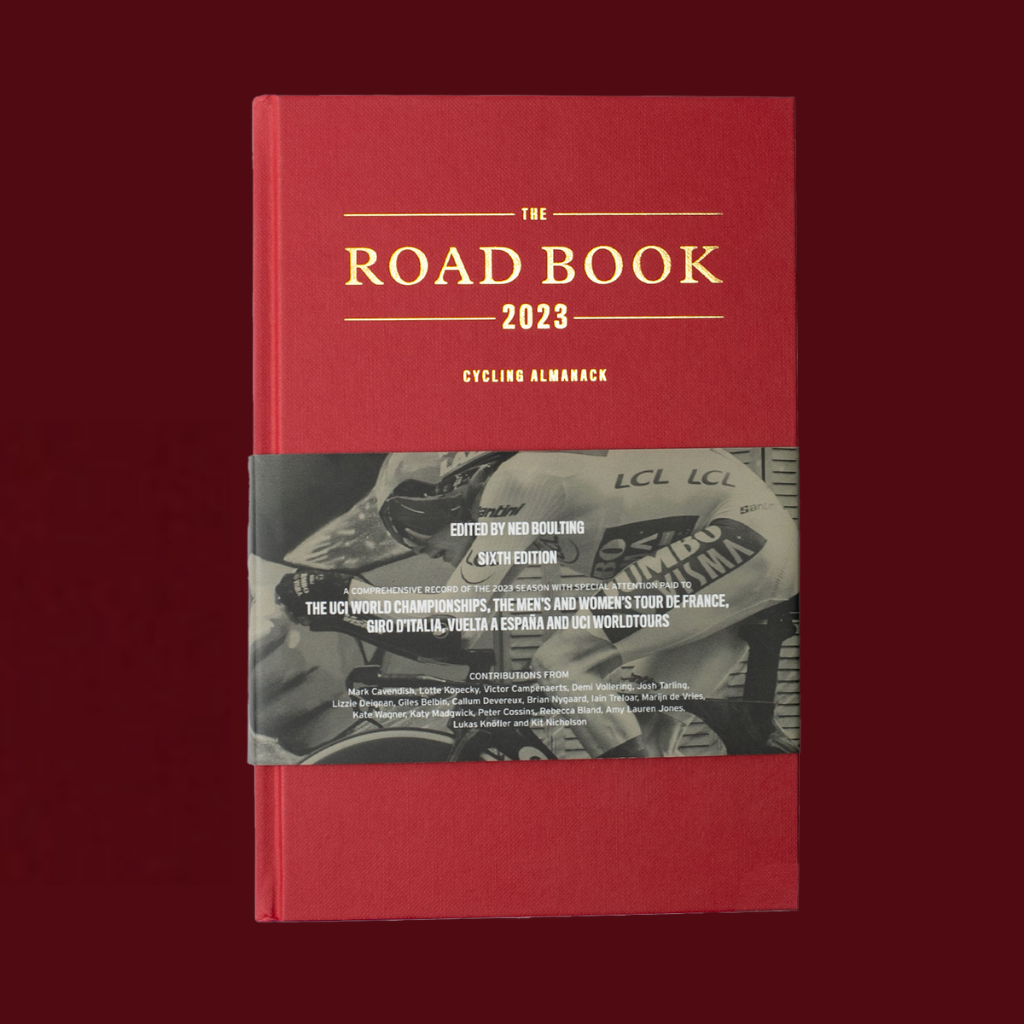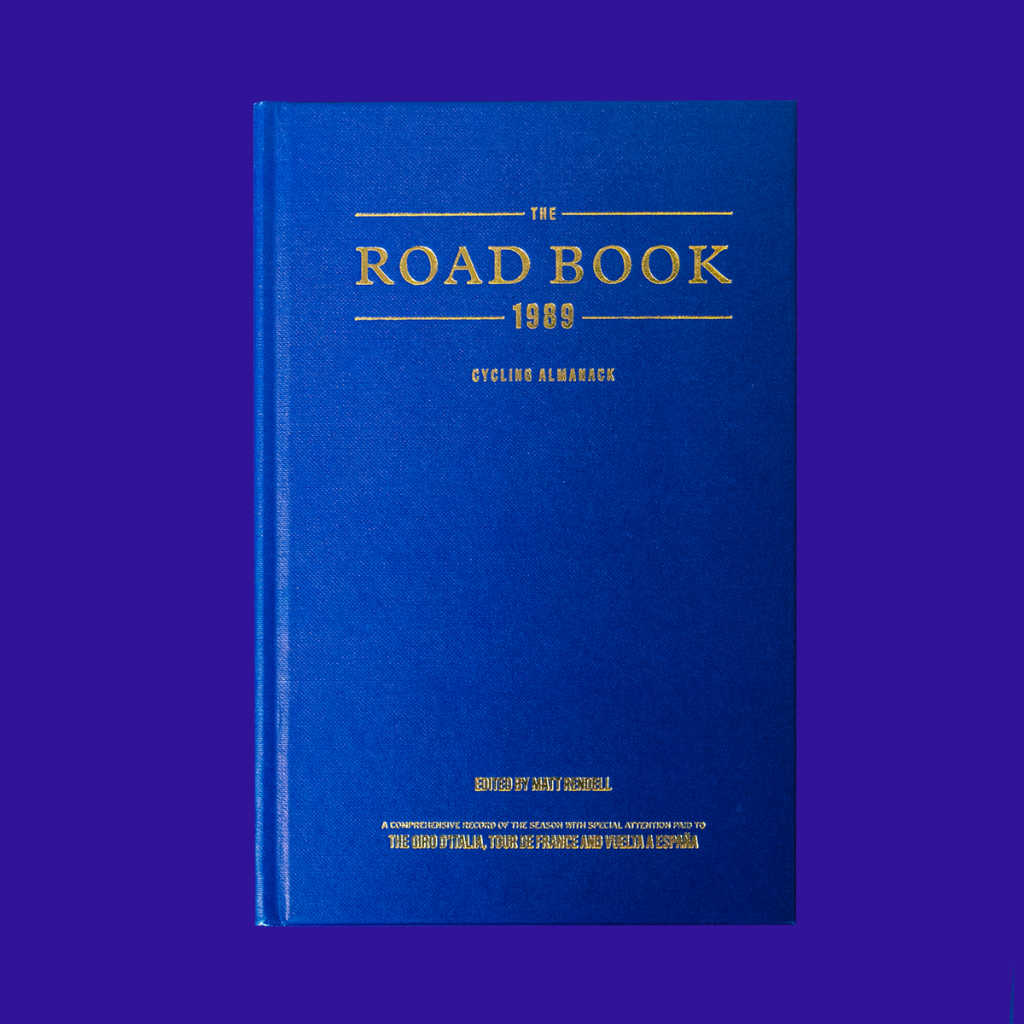I don’t agree that there was only one man who saw that coming; namely Kasper Asgreen. I think there may have been more than just him. And I think they were all called Asgreen.
True, I am 100% certain that Mathieu van der Poel didn’t. I suspect the sports directors may have had some doubts in the following Elegant Quick Step car as they saw what Asgreen’s game was, leaving it to a match sprint against Mathieu van der Poel. But I reckon there were at least half a dozen people in the Asgreen entourage who knew what was about to happen. If you are an Asgreen, doubt isn’t something you bother much with.
I bumped into the Asgreen family during the 2019 Tour de France; the one during which the young Dane emerged as the “motorbike” we now know him to be. It was late afternoon in Gap on the day they had just seen their older brother/son finish second to Matteo Trentin on the stage. We were checking into a very familiar, very spartan hotel a couple of kilometres from town. And at the same time, I noticed a family disgorging themselves from a car with Danish numberplates. Every single one of them looked like Kasper Asgreen, particularly Asgreen’s Mum who, had you zipped her into a red jersey with a white cross on it, might plausibly have won the 2021 Tour of Flanders.
I chanced my arm. ‘Excuse me? You’re not Kasper Asgreen’s family are you, by any chance?’
Five people, all of whom looked like Kasper Asgreen, ranging from their mid-teens to their mid-forties turned to look at me.
‘Yes,’ said Mrs. Asgreen. ‘How did you guess?’
‘Oh, nothing,’ I lied. ‘He’s rather good isn’t he? You must be very proud.’
The Asgreens smiled. ‘He is’, they confirmed. ‘We are.’
We nodded farewell and went our separate ways.
Anyway, I suppose the pseudo-scientific point I am making is that Asgreen comes from somewhere very, very solid; somewhere immensely specialised in the distillation of Asgreenness. His is an edifice of strength and certainty that is built on unshakable foundations.
So, what can I say of the future World Champion that others will not have said far better than me already? Probably not much except to note how deeply thrilling it is that the trend of 2019 and 2020 is continuing to elevate names like his and Stuyven’s to still greater heights and allow for others to appear as if from nowhere. And this is sometimes only made possible by the reassuring, occasional and unpredictable fallibility of the Alaphilippe and the Two Vans. They cannot, should not and will not win everything all the time, it seems. If they did, then perhaps that might not be for the best.
I’ll leave the headlines then, and touch on some detail from today’s men’s race which perhaps did not get the attention it deserved. I enjoyed seeing the presence of the next Swiss time trial sensation of 2021 Stefan Bissegger in the breakaway and it crossed my mind that he may well become a force in races such as Roubaix or Flanders, that he may too have some Asgreen genes. It was surprising and very heartening to witness Anthony Turgis flying the flag not just for France today, but for his family, who are steeped in the stuff of the French cycling scene. He is, after Jimmy and Tanguy the last of three cycling brothers who all turned professional. Ill health has forced both of his brothers to quit the sport prematurely. And finally, Greg van Avermaet is probably not going to win too much anymore in the refined air of the 2020s. But, my God, he tries. Tirelessly. And to see his attack for third place pay off was heartening.
Just a final word on Michael Schär’s disqualification for throwing a bidon to the side of the road. On the one hand, the ruling does seem heavy-handed and its application unnecessarily draconian. But the unanimous cries from the cycling community should not have waited until a rule that was published in February was actually applied in full compliance at a race in April. I mean, it’s almost like some riders and the sports directors don’t bother reading the rules. Bothering to be informed would be the best starting point, and suggestive of a sport whose constituent parts were pulling together, rather than apart. But that wouldn’t be very “cycling”.
Ned Boulting


